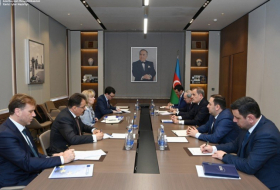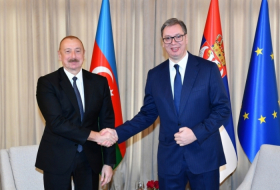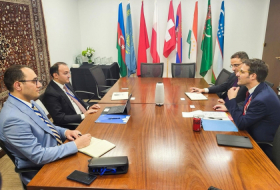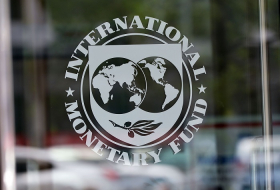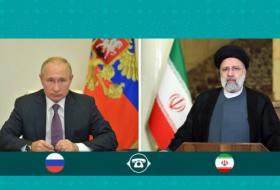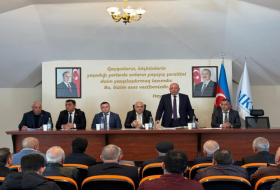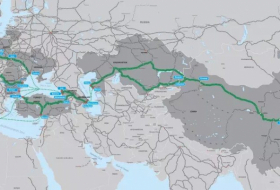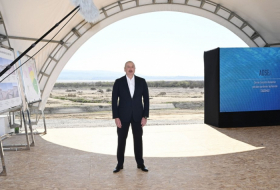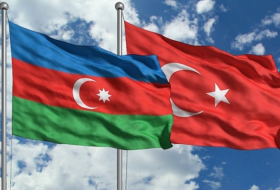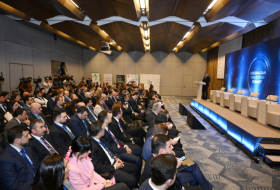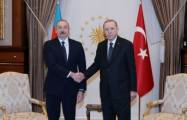A joint statement from Juncker and the prime minister following their dinner gave no indication of any movement in the British government’s favour, but instead included reference to the sequenced approach to the talks insisted upon by Brussels.
“The prime minister and the president of the European commission reviewed the progress made in the article 50 negotiations so far and agreed that these efforts should accelerate over the months to come. The working dinner took place in a constructive and friendly atmosphere.”
British officials were keen to point to the stated hope by Juncker for accelerated talks. They made clear that the prime minister did not make any further offers from the UK around substantive issues such as the divorce bill.
But earlier in the day the latest leak of a draft statement from EU leaders, to be published at a European council summit in Brussels on Friday, made clear the desire among member states to continue to take a tough line with Britain.
Following lobbying from France and Germany, it contained stronger language than a first draft leaked last week, demanding progress on all three of the opening withdrawal issues in order for trade talks to begin, and an additional mention of the need for a role for the European court of justice in protecting citizens rights.
It is understood the president of the European council, Donald Tusk, had to personally intervene in recent days to persuade Macron and the German chancellor, Angela Merkel, to retain a promise in the draft statement that the EU would give Barnier a mandate to open trade talks in December if sufficient progress had been made.
The statement, once signed off by EU leaders on Friday, is set to rule that insufficient progress has been made so far for trade talks to begin this autumn. It will commit the EU to internally discussing their vision of a transition period, to allow them to be ready to talk trade by the time of a European council summit on the 14 December, if Britain has made further concessions by then, in particular on the financial settlement.
It is understood, however, that the EU will not present a detailed vision of the future trading relationship even then. “When it comes to the future framework there is not that much food for thought from London about what it should look like,” one senior source said. “So I would say the guidelines adopted later [in December] will be very much forthcoming when it comes to transition and very general when it comes to the future framework as there is not that much we have got from London on the UK vision.”
Diplomats said the planned statement from the EU leaders to be made on Friday was “fair” and should be regarded as a “very good” result for Britain, given the paucity of detail from the UK since May promised in her Florence speech to honour financial commitments made by Britain as an EU member.
European leaders had overruled Barnier when he suggested opening talks on a transition phase, the source added, and member states were in no mood to offer May any succour. “The problem is not in the commission so you will not find the solution in the commission,” the source said. He added that Barnier had overstepped the mark in the eyes of some member states by suggesting some weeks ago that talks over a transition period could be doable following the Florence speech, giving Britain false hope over what was feasible.
European capitals, the diplomatic source added, were insistent that phase one of the negotiations, taking in citizens rights, the financial settlement and the Irish border, needed to be settled first, and Britain’s offers had not yet met that bar.
In response to May’s diplomatic efforts, the official said: “What the British have in mind is some sort of stage one and a half. Not sufficient progress but you can start talks on negotiations on the transition.
“That is not going to happen because I think in the capitals they are very much in touch with this idea that we have a staged approach. We were very specific when it came to the guidelines what we meant by the first phase.”
The British government had long accepted that trade talks would not be opened this October, but had believed, following positive signals from Barnier, that discussions over the terms of a transition period would be possible. The UK is keen to secure agreement on a transition period due to growing anxiety in the business community over the immediate future after Brexit.
However, in London, the prime minister’s spokesman indicated that the prime minister did not plan to offer anything new before the European council summit.
“Florence was a bold statement of the relationship that we want to have and the prime minister made offers to the European Union in relation to existing financial commitments and in relation to citizens’ rights, and we believe that speech has created the momentum she’s looking for,” he said.
Asked if this meant it was now up to the EU27 to act, the spokesman said: “The prime minister has said on a number of occasions in the house and elsewhere that the UK and herself have made an offer in the form of the Florence speech and she looks forward to the EU27 reciprocating.”
He added: “We want to see progress, as we move towards the council this week.”
Footage of the British party leaving the dinner with Juncker, saw the commission president kiss May as she left and bear-hug Davis.
May is expected to leave the EU council summit on Friday morning, before talks on the progress of the Brexit negotiations get under way between the EU27. Her early departure makes it all the more crucial that she is able to speak to as many EU leaders as possible before the summit.
More about: #Theresa-May #EU27 #Brexit









